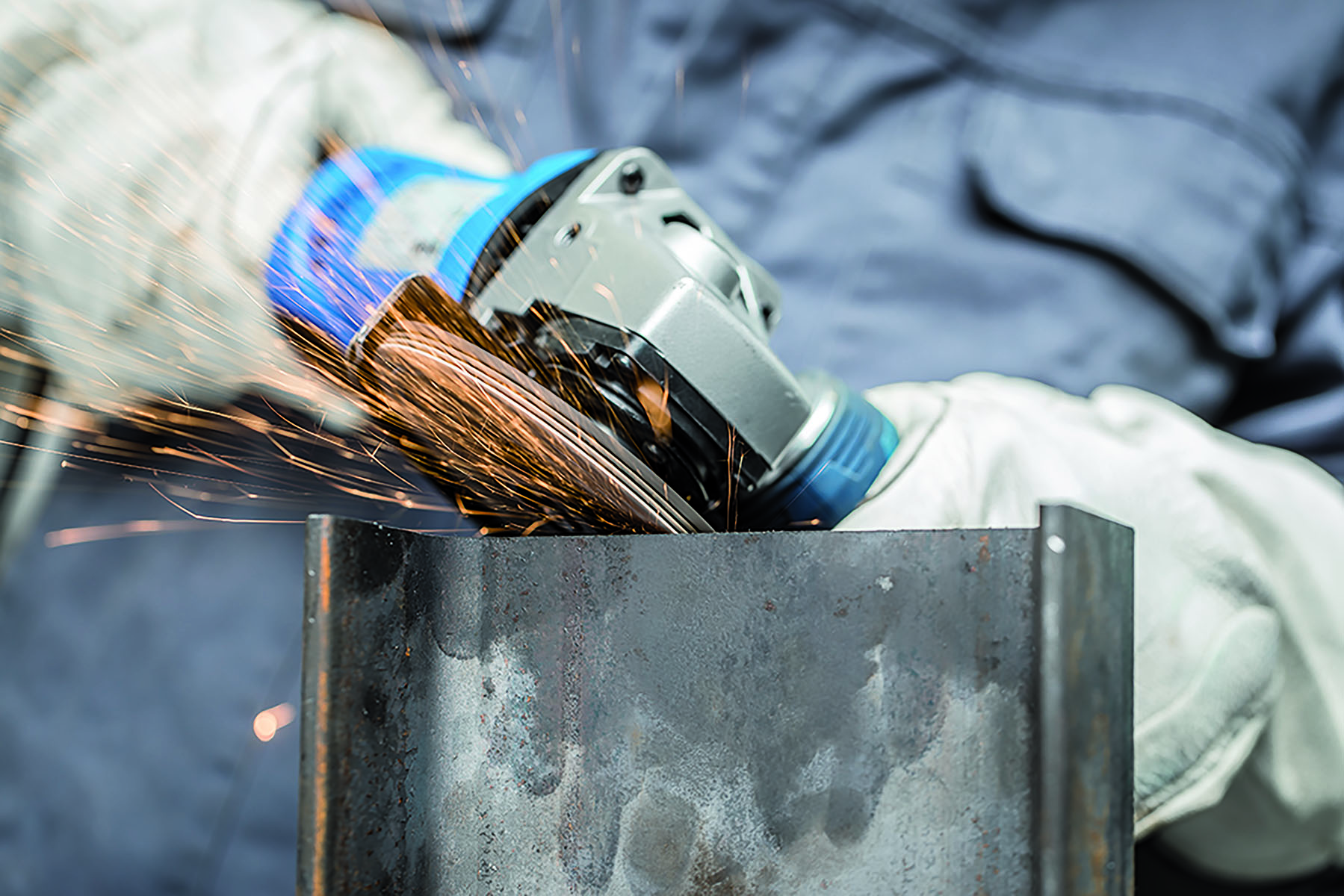CC-GRIND-STRONG Grinding Discs
CC-GRIND-STRONG Grinding Discs
The new CC-GRIND-STRONG grinding discs from PFERD offer a modern, high-performance and ergonomic alternative to conventional resin-bonded grinding wheels. The unique design combines the strength and long service life of its ¼" resin-bonded abrasive backer with the comfortable operation and fine surface finish of its layered coated abrasive discs.

The new CC-GRIND-STRONG grinding discs from PFERD offer a modern, high-performance and ergonomic alternative to conventional resin-bonded grinding wheels. The unique design combines the strength and long service life of its ¼" resin-bonded abrasive backer with the comfortable operation and fine surface finish of its layered coated abrasive discs.
This innovative product results in highly aggressive removal rates, with noise and vibration being reduced by as much as 50 percent, and dust reduced by as much as 70 percent, compared to conventional grinding wheels.
CC-GRIND-STRONG grinding discs are suitable for use on steel in applications such as mill scale removal, weld dressing, chamfering and deburring. They are available in 4 ½ in. and 5 in. diameter sizes with both 7/8 in. unthreaded bore and 5/8-11 quick-change threaded hub.





